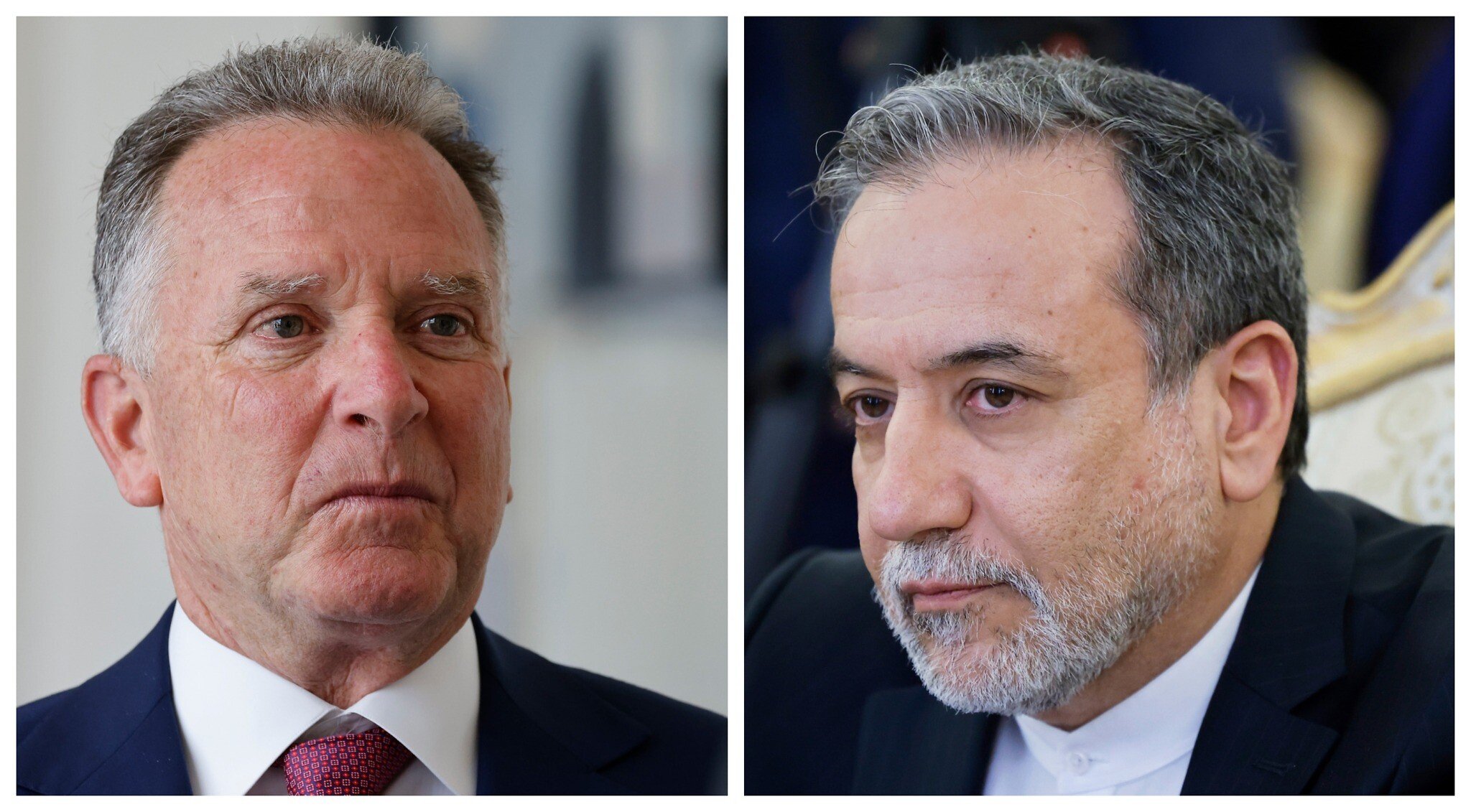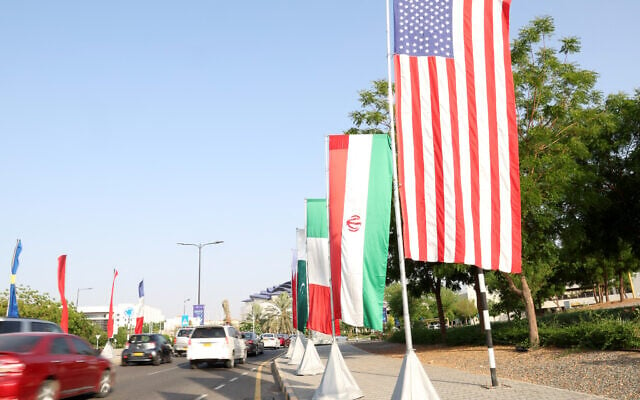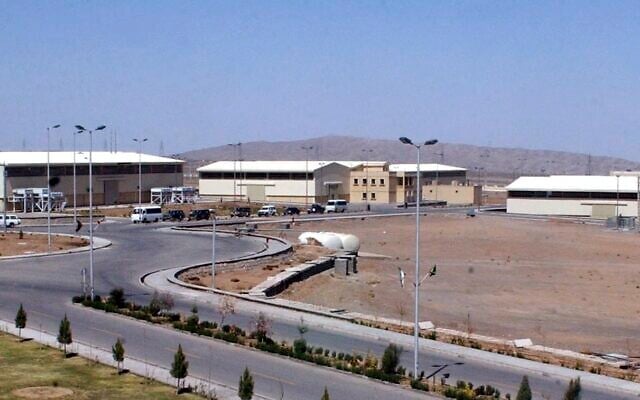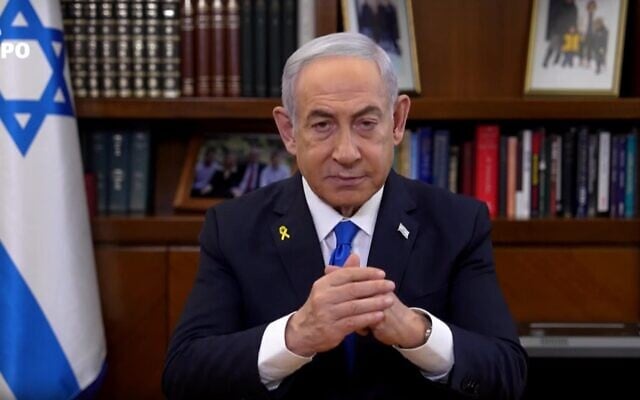



Iran and the United States are set to attend a fourth round of talks over Tehran’s nuclear program on Sunday, amid increasing opposition to Iranian uranium enrichment by US officials and with Israel watching with concern.
The negotiations, mediated by Oman and held in its capital Muscat, follow earlier rounds that began nearly a month ago, marking the highest-level contact between the two foes since Washington withdrew from a landmark nuclear deal in 2018, during US President Donald Trump’s first term.
Both sides have reported progress after previous talks, but there have been some delays and disagreements over Iran’s right to enrich uranium, which Tehran says is “non-negotiable” but a US envoy has called a “red line.”
Iran’s Foreign Minister Abbas Araghchi said ahead of Sunday’s meeting that “the negotiations are progressing and, naturally, the further we go, the more consultations and considerations we need, and the more time is required “to review the issues raised.”
Araghchi and US President Donald Trump’s special envoy Steve Witkoff will speak in both direct and indirect talks, according to a US official, who spoke on condition of anonymity Friday to describe private diplomatic contacts.
The fourth round was initially set to take place on May 3 but has been rescheduled. Mediator Oman cited “logistical reasons” for the delay, which was announced after the United States had imposed new sanctions on Iran.
A senior Iranian official close to the negotiating team said that US demands for “zero enrichment and dismantling Iran’s nuclear sites would not help in progressing the negotiations.”
“What the US says publicly differs from what is said in negotiations,” the official said on condition of anonymity.
Western countries, including the United States, have long accused Iran of seeking to acquire atomic weapons, a claim Tehran has consistently denied, insisting that its nuclear program is for peaceful purposes.
Iran currently enriches uranium to 60-percent purity — far above the 3.67-percent limit set in the 2015 deal with the United States and other world powers, and a short technical step from the 90% needed for weapons-grade material. Tehran regularly threatens to destroy Israel, and its uranium enrichment level is far higher than necessary for civilian uses.
Witkoff, who has led Washington’s delegation to the Omani-mediated talks, said in a Thursday interview that Iran’s “enrichment facilities have to be dismantled.”
“That’s our red line. No enrichment,” he told US right-wing outlet Breitbart News, after initially suggesting flexibility on Tehran maintaining low-level enrichment of uranium for civilian purposes.
Witkoff said that if the talks “are not productive… they won’t continue and we’ll have to take a different route.”
Trump has said he wanted “total verification” that Iran’s contested nuclear work is shut down, and Secretary of State Marco Rubio has insisted that Tehran give up all uranium enrichment.
Araghchi, Tehran’s chief negotiator in previous rounds, has repeatedly defended Iran’s right to enrich uranium. On Saturday, he said that if the US aims to deprive Iran of its “nuclear rights,” Tehran would never back down.
Iran adhered to the 2015 agreement for a year after Washington’s withdrawal before beginning to roll back its compliance.
Since returning to office in January, Trump has revived his “maximum pressure” approach against Tehran, while backing nuclear diplomacy but warning of potential military action if it fails.
The talks are taking place amid renewed scrutiny of key aspects of Tehran’s nuclear program, particularly its stockpile of enriched uranium and the pace of its enrichment activities.
European governments are weighing whether to trigger the “snapback” mechanism under the 2015 deal, which would reinstate UN sanctions in response to Iranian non-compliance — an option that expires in October.
Prime Minister Benjamin Netanyahu, who is deeply skeptical of the Iran-US talks, has called for Tehran’s nuclear facilities to be dismantled and for its ballistic missile program to be stopped as part of any credible deal.
Tehran has insisted that the talks be solely focused on the nuclear issue and the lifting of sanctions, ruling out negotiations on military capabilities.
Foreign ministry spokesman Esmaeil Baqaei said that Iran’s delegation “consists of the experts and specialists needed at this stage of the talks, serving the highest interests of our country.”
Sunday’s meeting comes days ahead of a regional tour by Trump that will take him to Qatar, the United Arab Emirates, and Saudi Arabia. The US president is not scheduled to visit Israel. During a round of interviews with Israeli media on Saturday, US Ambassador to Israel Mike Huckabee said that it was not an indication of a deteriorating relationship between Washington and Jerusalem.



